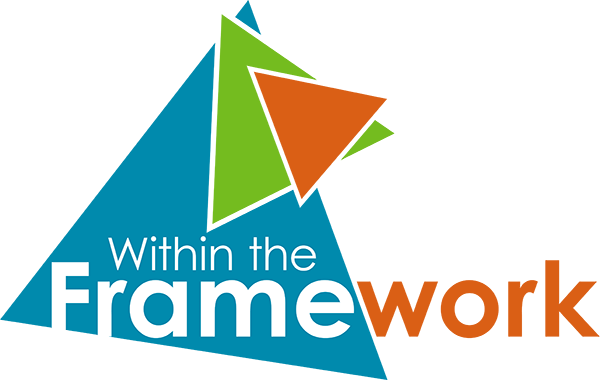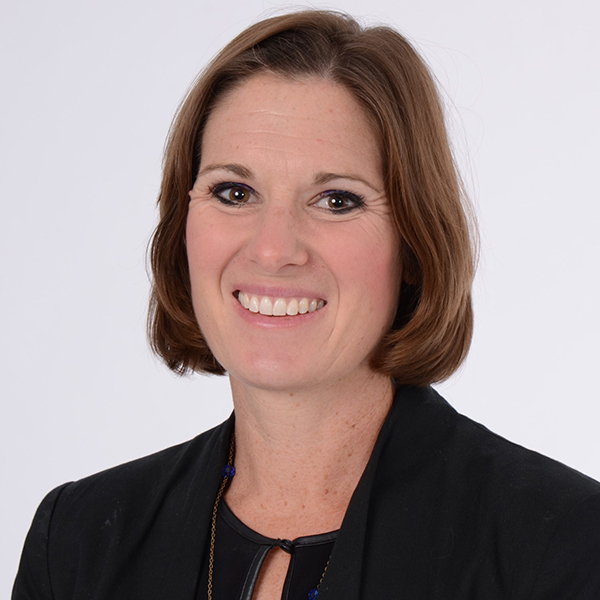The Pyramid Model for Promoting Social Emotional Competence in Infants and Young Children is designed to promote the inclusion of children with disabilities within community programs. In states where there is a focus on increasing the use of high-quality inclusion practices, the implementation and scale-up of the Pyramid Model offers an effective approach. Join us for a webinar featuring new products and resources focused on increasing the use of inclusive practices in Pyramid Model programs to better support children diagnosed with disabilities or needing individualized supports. Learn about important research, statewide implementation potential, and an assessment used to support inclusive practices in the classroom.
Experiencing Inclusion Through Pyramid Model: New Resources from NCPMI

Date:
Mar 19, 2021Time:
12:00 AM(Eastern Time Zone)
Duration:
54 Min
Related Resources
Certificate Info
Certificate of Attendance
A downloadable certificate is available for both live and recorded webinars. To receive the certificate, you must fill out the evaluation survey.How to access the survey:
Live participants: You will receive an email after the webinar with the link to the survey. Recording viewers: The URL link for the survey will be displayed at the end of the webinar. You will need to type that URL into your internet browser to access the survey and certificate. Note: Type the URL exactly as you see it. URL is CASE SENSITIVE. Once you submit the survey, the certificate will appear. You can then save and/or print your certificate.Guest Presenter(s)

Alissa Rausch
University of Denver
Dr. Alissa Rausch is an Assistant Research Faculty Member in the Positive Early Learning Experiences (PELE) Center at the University of Denver. She has worked as clinical faculty in the early childhood and early childhood special education licensure program at CU Denver. Her work in higher education blossomed from 15 years of practice as an early childhood educator working in inclusive preschool classrooms serving young children and their families. Alissa also had the privilege of serving children from diverse backgrounds and their families in their homes and in community settings. Her current work centers on supporting preservice and in-service practitioners to build their capacity to act as agents of social change and implement quality inclusive practices for young children in the field of early childhood education.

Ben Riepe
University of Denver
Ben Riepe (NCPMI) MA is an Inclusion Coaching Specialist for the Positive Early Learning Experiences (PELE) Center at the University of Denver. Ben is staff on the National Center for Pyramid Model Innovations in addition to supporting the Early Childhood Technical Assistance Center (ECTA). He has 20 years of experience as a teacher, coach, trainer, and TA specialist supporting high fidelity program-wide implementation of the Pyramid Model with families of diverse backgrounds in Colorado.

Phil Strain
University of Denver
Dr. Phil S. Strain is James C. Kennedy Endowed Chair in Urban Education at the Morgridge College of Education and Director of the PELE Center, University of Denver. He is the author of over 300 scientific publications, has served on the editorial boards of 22 professional journals and has been Principal Investigator or Co-Investigator of grants and contracts totaling over 80 million dollars. He is particularly interested in expanding inclusive preschool options, comprehensive services for young children with autism and prevention and intervention for children with challenging behaviors.



